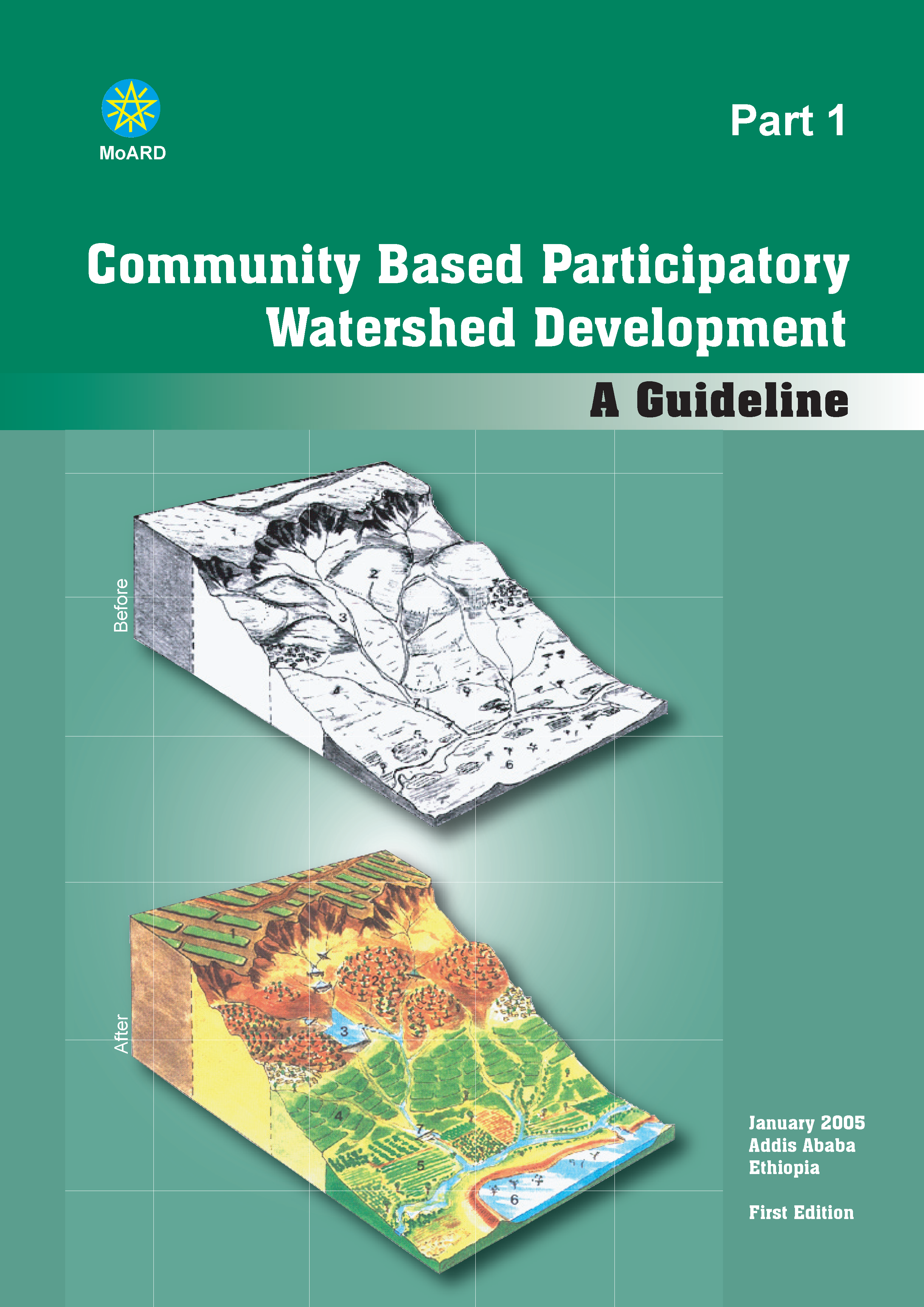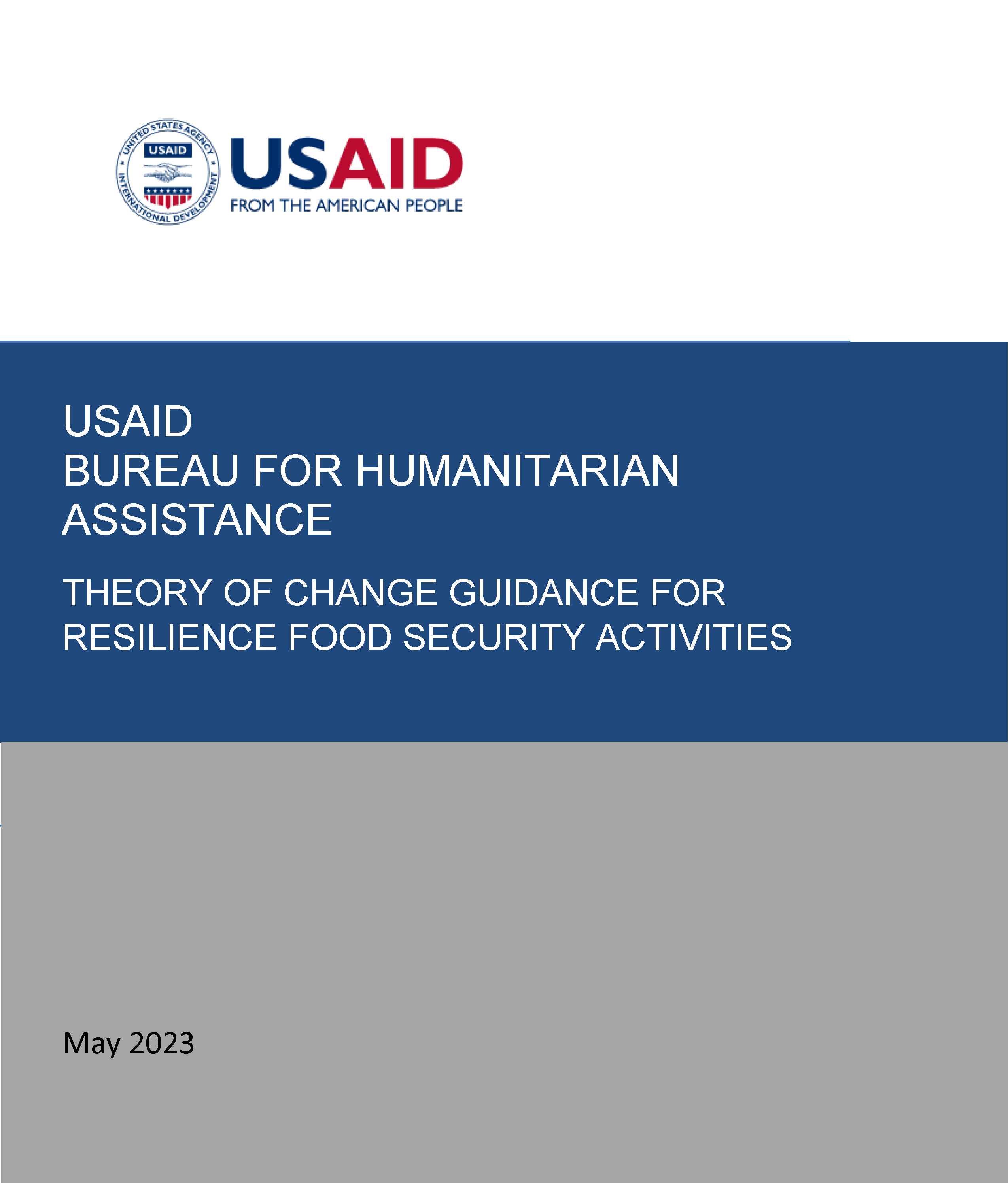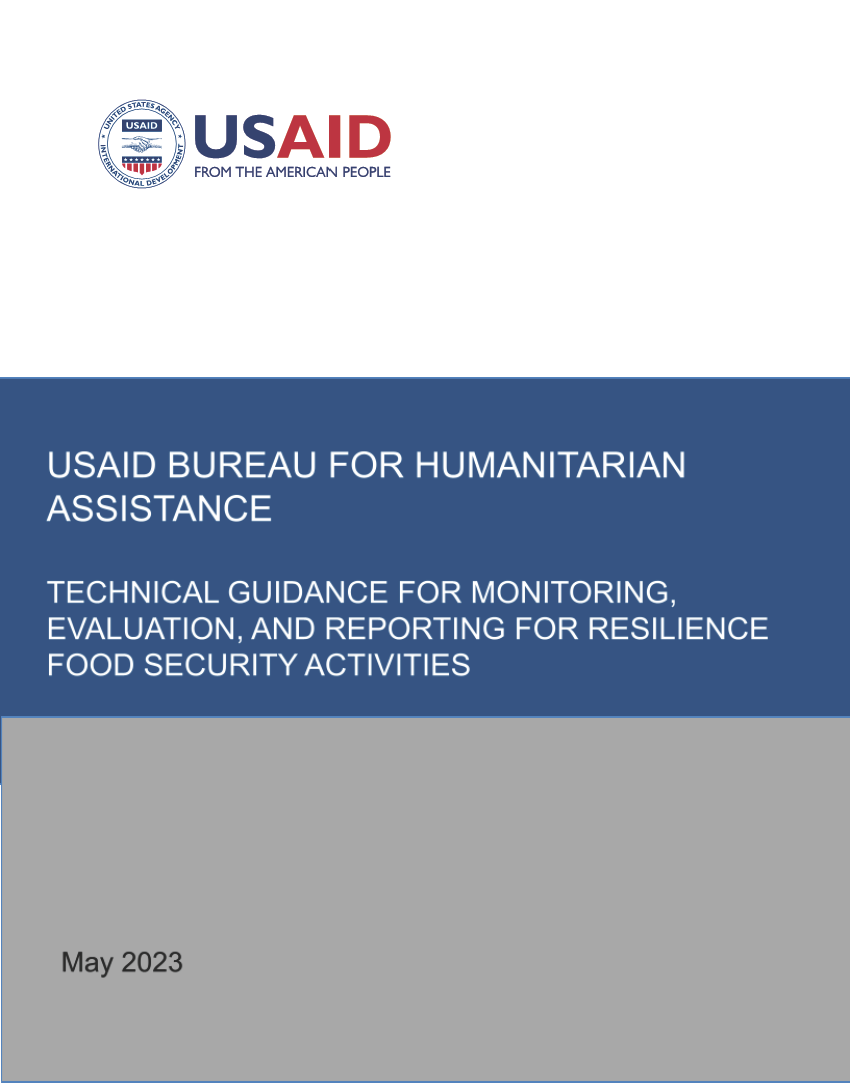Search Results
Call for Applications: Cultivating Inclusion for Food Security Fellowship
The Gender and Youth Activity (GAYA) is accepting applications for the Cultivating Inclusion for Food Security Fellowship! In this fellowship, emergency program and resilience food security activity (RFSA) staff will work together to design and use qualitative methods to address their program-specific questions and deepen their contextual understanding of social inclusion and resilience dynamics of their activities, in order to adapt programming for transformative change. https://www.fsnnetwork.org/gaya-fellowship
Community Based Participatory Watershed Development
Authors:
Ministry of Agriculture and Rural Development (Ethiopia)
Sector Type:
Water, Sanitation, and Hygiene
Year Published:
2023
BHA Emergency M&E Guidelines: Rapid Review Findings and Recommendations
Authors:
IDEAL
Sector Type:
Monitoring and Evaluation
Year Published:
2023

USAID Bureau for Humanitarian Assistance Theory of Change Guidance for Resilience Food Security Activities
Authors:
USAID Bureau for Humanitarian Assistance
Sector Type:
Theory of Change |
Program Design and Management
Year Published:
2023

USAID Bureau for Humanitarian Assistance Technical Guidance for Monitoring, Evaluation, and Reporting for Resilience Food Security Activities
Authors:
USAID Bureau for Humanitarian Assistance
Sector Type:
Program Design and Management |
Monitoring and Evaluation
Year Published:
2023